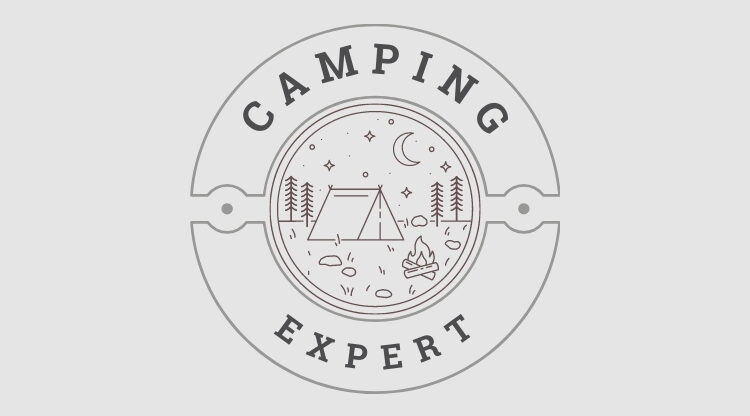When camping, it is important to be prepared for all types of weather conditions; more importantly when camping in hot weather it is wise to know what to wear, what not to wear, what to drink and how to ensure that you are protected from any sudden drops in temperature.
A lot of people find themselves camping in hot weather because they will go camping during the summer months, so in order to do this successfully they should ensure that they have completed a simple yet effective check list before they set off on their holiday.
Here are just a few of the things you should take into consideration before you go camping:
- Daily temperatures
- What to wear
- How to keep cool
- What not to wear
- How to keep yourself hydrated.
Daily Temperatures
Before you embark on your camping holiday it is wise to ensure that you have some indication as to what temperatures you are likely to be facing. This is especially important if you are going to be spending a lot of time travelling and likewise if you are taking people with you who may be susceptible to the heat such as the elderly or young children.
The Internet and most of the television news channels as well as newspapers can provide you with long range forecasts and even though British weather sometimes can be unpredictable it is best to err on the side of caution.
What to Wear
Light coloured garments are a definite inclusion into your camping wardrobe. Black garments will attract the sun and will only succeed in making your perspire and heat up quickly. Where possible wear clothes that are made from fabrics that breath – this means the material is made up of tiny breathing holes which allow air to and from the skin underneath. For small children and indeed adults a hat is a good idea to (a) keep the sun out of your eyes and (b) prevent the head from burning.
One of the other most important aspects of your ‘dress code’ is sun block; wear it even when you don’t see any sun. Just because you can’t see it that doesn’t mean it isn’t there. Often people find they will fall foul to sunstroke because the sun is hidden behind clouds.
Staying Hydrated
To stop dehydration drink plenty of water. Where possible bring the water with you; bottled water is a lot less likely to contain any bacteria that might make you ill and you spend less time having to boil it for tea and cooking etc. Avoid alcohol whilst out in the sun as the mixture of sunshine and alcohol often dehydrates an individual much faster than if they were to drink in the shade.
Camping Equipment
Another important aspect of your camping holiday is your camping equipment. It is wise to take only what you know you will need and not to take lots of unnecessary gadgets with you that (a) you won’t use but (b) will have to carry around with you. Carrying hefty loads of camping equipment from place to place can make you perspire heavily and also leave you feeling tired and listless.
Further Information
You will find most camping sites will have someone with first aid training on site in case of emergency and will also be able to provide you with a list of useful guidelines to ensure your camping holiday goes as it should.
